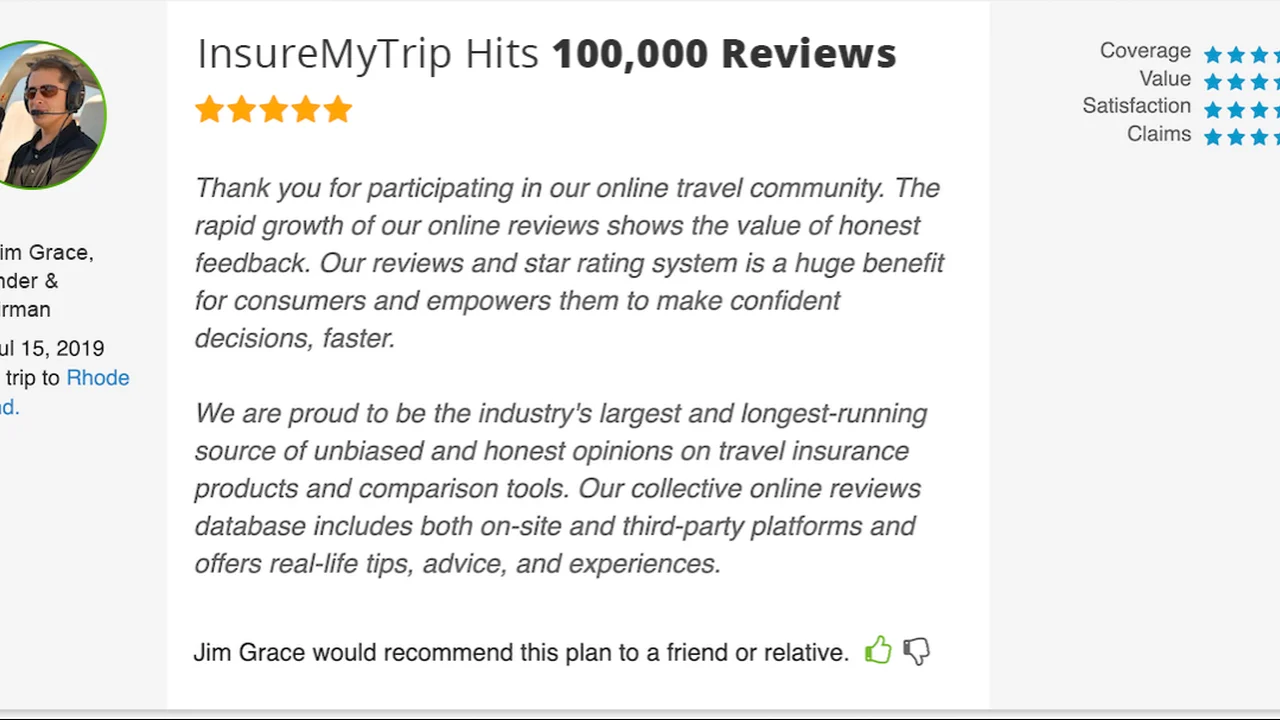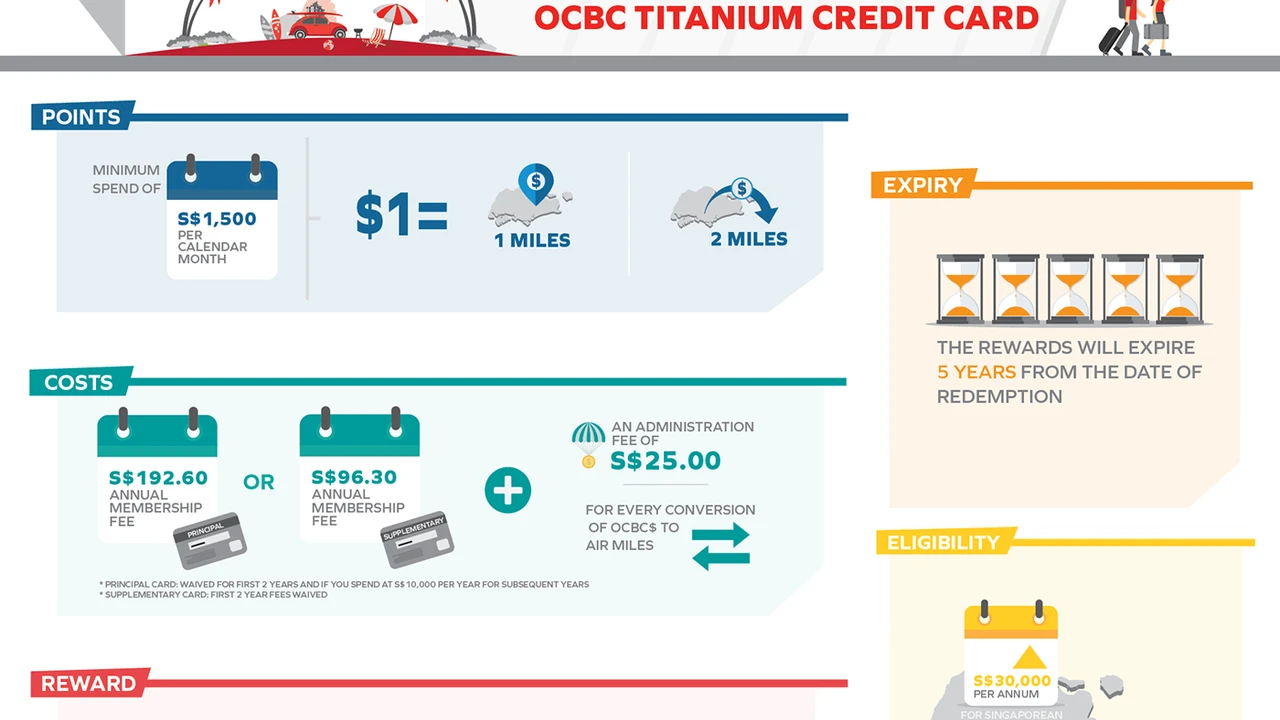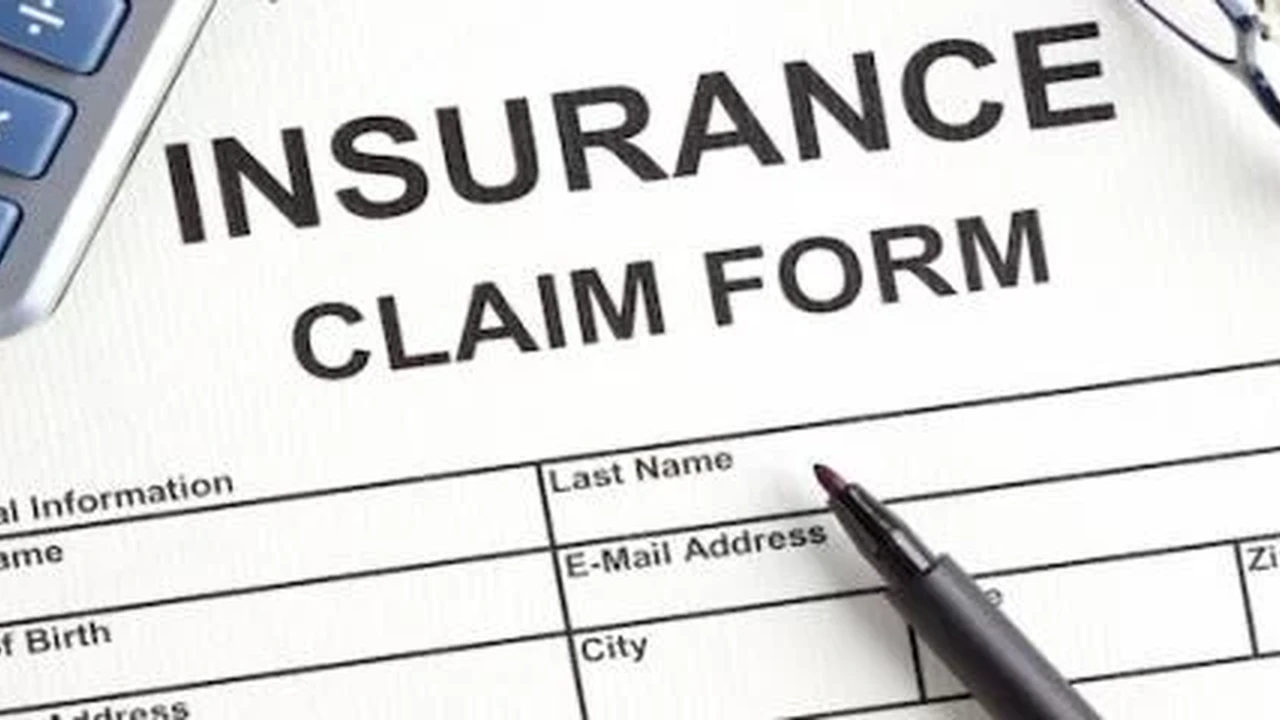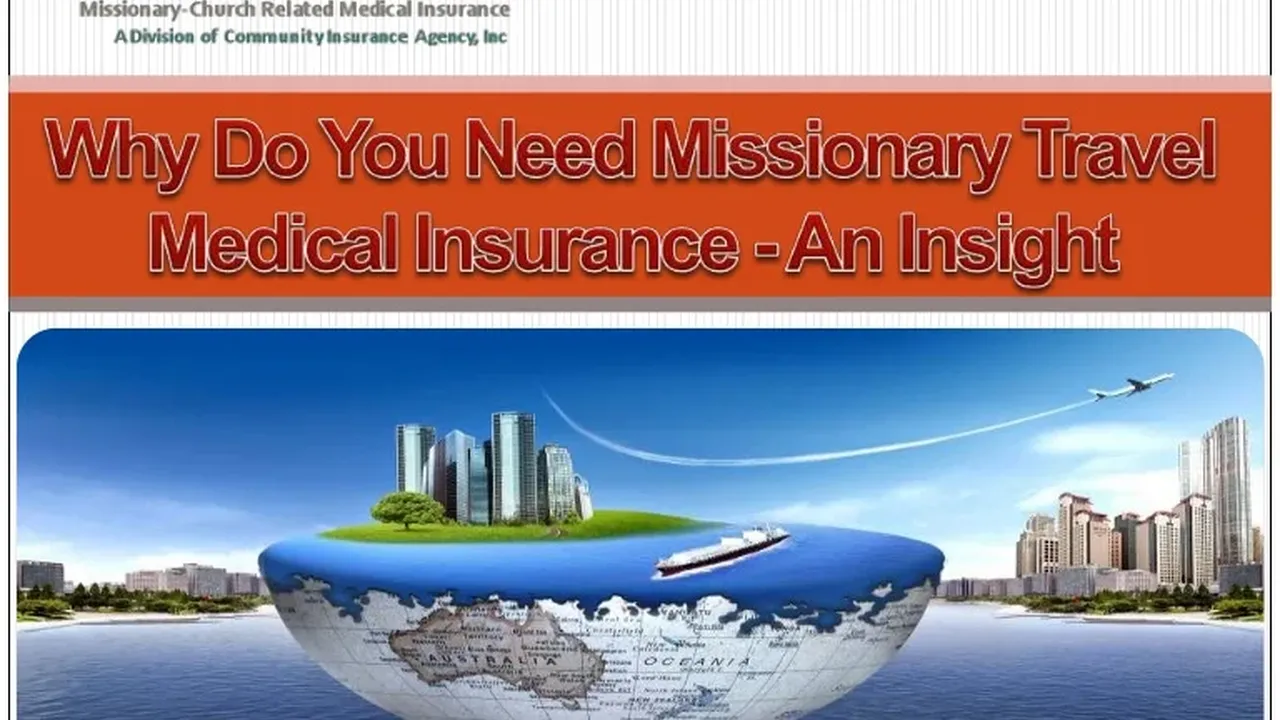Travel Insurance Reviews: How to Spot Fake or Biased Opinions

Understanding the Landscape of Travel Insurance Reviews
Alright, let's dive into the world of travel insurance reviews. It's a jungle out there, right? You're planning your dream trip, and the last thing you want is to get stuck with a policy that doesn't cover you when you need it most. So, you start googling, and BAM! A million reviews flood your screen. Some rave about how amazing a certain company is, while others paint a picture of absolute disaster. How do you even begin to sift through it all?
First off, understand that everyone's experience is different. What worked perfectly for one person might be a nightmare for another. Factors like your destination, travel style, pre-existing conditions, and even just plain luck can all play a role. That being said, there are definitely ways to spot reviews that are less than trustworthy.
Spotting Fake Reviews: Red Flags to Watch Out For
Okay, so how do you tell a real review from a fake one? Here are some things to keep an eye out for:
- Generic Praise (or Vague Complaints): Real reviews usually get specific. They'll talk about specific incidents, interactions with customer service, or policy details. Fake reviews tend to be more general, using phrases like "great company" or "terrible service" without giving concrete examples.
- Repetitive Language: If you see the same phrases or keywords popping up in multiple reviews, especially positive ones, it's a red flag. Companies sometimes use bots or hire people to write fake reviews, and they often use pre-written templates.
- Unusually Positive (or Negative) Tone: Real reviews are usually balanced. Even if someone had a good experience, they might mention a minor inconvenience or something they could have improved. Reviews that are overwhelmingly positive or negative, with no nuance, are often suspect.
- Lack of Detail About the Trip: A genuine review will usually mention details about the trip itself – where they went, what they did, and why they needed the insurance. Fake reviews often lack this context.
- Suspicious User Profiles: Click on the reviewer's profile. Do they have a history of writing reviews? Are they reviewing a wide range of products and services, or just focusing on one company? A profile with very few reviews, especially if they're all for the same company, is a reason to be skeptical.
- Timing Issues: A sudden surge of positive reviews, especially shortly after a negative news article or a product launch, can be a sign of manipulation.
Identifying Biased Travel Insurance Opinions: Understanding Affiliations and Incentives
Even if a review isn't outright fake, it can still be biased. Here's what to consider:
- Affiliate Links: Many travel bloggers and website owners earn commissions by recommending products, including travel insurance. There's nothing inherently wrong with this, but it's important to be aware of the potential for bias. Look for disclosures that clearly state the reviewer's affiliate relationships.
- Sponsored Content: Some reviews are actually paid advertisements disguised as independent opinions. These reviews will often be overly positive and may not mention any potential drawbacks.
- Partnerships and Endorsements: Check if the reviewer has a formal partnership with the insurance company. This doesn't automatically mean the review is untrustworthy, but it does mean you should take it with a grain of salt.
- Personal Relationships: Sometimes, reviewers have personal connections to the company or its employees. This can influence their opinion, even if they don't realize it.
Where to Find Reliable Travel Insurance Reviews: Trusted Sources and Platforms
So, where can you find trustworthy travel insurance reviews? Here are a few places to start:
- Reputable Review Sites: Look for well-established review sites with a strong reputation for impartiality. Examples include sites like Trustpilot (though still scrutinize reviews there!), Consumer Reports (if they cover travel insurance), and the Better Business Bureau (BBB).
- Independent Travel Blogs and Forums: Many travel bloggers and forum users share their experiences with different travel insurance companies. Look for bloggers who are transparent about their affiliations and who provide detailed, balanced reviews. Travel forums like TripAdvisor or Lonely Planet can also be good sources of information, but be aware that opinions can be very subjective.
- Insurance Comparison Websites: Websites that allow you to compare different travel insurance policies side-by-side can be helpful, but make sure they're independent and not owned by an insurance company.
- Ask Friends and Family: Personal recommendations from people you trust can be valuable, but remember that their experiences may not be relevant to your specific needs.
Specific Travel Insurance Product Recommendations: Coverage, Scenarios, Comparisons, and Pricing
Okay, let's get down to brass tacks. You're looking for specific travel insurance recommendations, right? Here are a few options, along with their pros, cons, and target scenarios:
World Nomads Travel Insurance Review: For Adventure Travelers and Long Trips
Coverage: World Nomads is a popular choice for adventure travelers and those planning long trips. They offer comprehensive coverage for medical emergencies, trip cancellations, lost or stolen baggage, and adventure activities like hiking, scuba diving, and skiing.
Scenarios: Perfect for backpacking trips, gap years, adventure holidays, and any trip where you'll be engaging in activities that might be considered risky.
Pros:
- Comprehensive coverage for a wide range of activities
- 24/7 emergency assistance
- Option to extend your policy while you're traveling
- Good reputation for claims processing
Cons:
- Can be more expensive than other options
- May not be the best choice for shorter, less adventurous trips
Pricing: Varies depending on your age, destination, trip length, and coverage level. Expect to pay anywhere from $50 to $200 per month.
Allianz Travel Insurance Review: For Families and Cruise Passengers
Coverage: Allianz offers a wide range of travel insurance plans, including options for families, cruise passengers, and those with pre-existing medical conditions. They offer coverage for trip cancellations, medical emergencies, lost or stolen baggage, and more.
Scenarios: Ideal for family vacations, cruises, and trips where you want comprehensive coverage at a reasonable price.
Pros:
- Wide range of plans to choose from
- Good customer service reputation
- Coverage for pre-existing medical conditions (with certain restrictions)
Cons:
- Claims process can be slow at times
- Policy wording can be complex
Pricing: Varies depending on your age, destination, trip length, and coverage level. Expect to pay anywhere from $40 to $150 per month.
Seven Corners Travel Insurance Review: For International Students and Expatriates
Coverage: Seven Corners specializes in travel insurance for international students, expatriates, and those traveling for extended periods of time. They offer comprehensive medical coverage, trip interruption coverage, and more.
Scenarios: Perfect for students studying abroad, people working overseas, and anyone planning to live in a foreign country for an extended period.
Pros:
- Excellent medical coverage
- Coverage for pre-existing medical conditions (with certain restrictions)
- 24/7 emergency assistance
Cons:
- Can be more expensive than other options
- May not be the best choice for shorter trips
Pricing: Varies depending on your age, destination, trip length, and coverage level. Expect to pay anywhere from $60 to $250 per month.
Travel Insurance Comparison: A Quick Overview
Here's a quick comparison table to help you see the differences between these three popular travel insurance options:
| Company | Target Audience | Key Features | Price Range (Monthly) |
|---|---|---|---|
| World Nomads | Adventure Travelers, Long Trips | Comprehensive coverage, adventure activities | $50 - $200 |
| Allianz | Families, Cruise Passengers | Wide range of plans, good customer service | $40 - $150 |
| Seven Corners | International Students, Expatriates | Excellent medical coverage, long-term coverage | $60 - $250 |
Using Travel Insurance Reviews to Make Informed Decisions: Your Due Diligence Checklist
Ultimately, the best way to make sure you're choosing the right travel insurance is to do your own research. Don't rely solely on reviews. Read the policy documents carefully, compare different plans, and ask questions if you're unsure about anything.
Here's a quick checklist to guide you:
- Read multiple reviews from different sources.
- Look for specific details and examples.
- Be aware of potential biases.
- Compare different plans side-by-side.
- Read the policy documents carefully.
- Ask questions if you're unsure about anything.
- Consider your specific needs and travel style.
Travel Insurance Claims: What to Expect and How to Prepare
So you've chosen your travel insurance, you're on your trip, and something goes wrong. Now what? Knowing what to expect during the claims process can make a stressful situation a little easier.
- Document Everything: Keep copies of all your receipts, medical records, police reports, and any other relevant documents.
- Contact Your Insurance Company ASAP: The sooner you file a claim, the better. Most policies have deadlines for submitting claims.
- Be Prepared to Provide Proof: Your insurance company will likely ask for documentation to support your claim. This could include receipts, medical records, police reports, and photos.
- Be Patient: The claims process can take time. Don't be afraid to follow up with your insurance company if you haven't heard back within a reasonable timeframe.
Choosing the right travel insurance can feel overwhelming, but by understanding how to spot fake and biased reviews, you can make informed decisions and protect yourself against unexpected events. Happy travels!
:max_bytes(150000):strip_icc()/277019-baked-pork-chops-with-cream-of-mushroom-soup-DDMFS-beauty-4x3-BG-7505-5762b731cf30447d9cbbbbbf387beafa.jpg)






